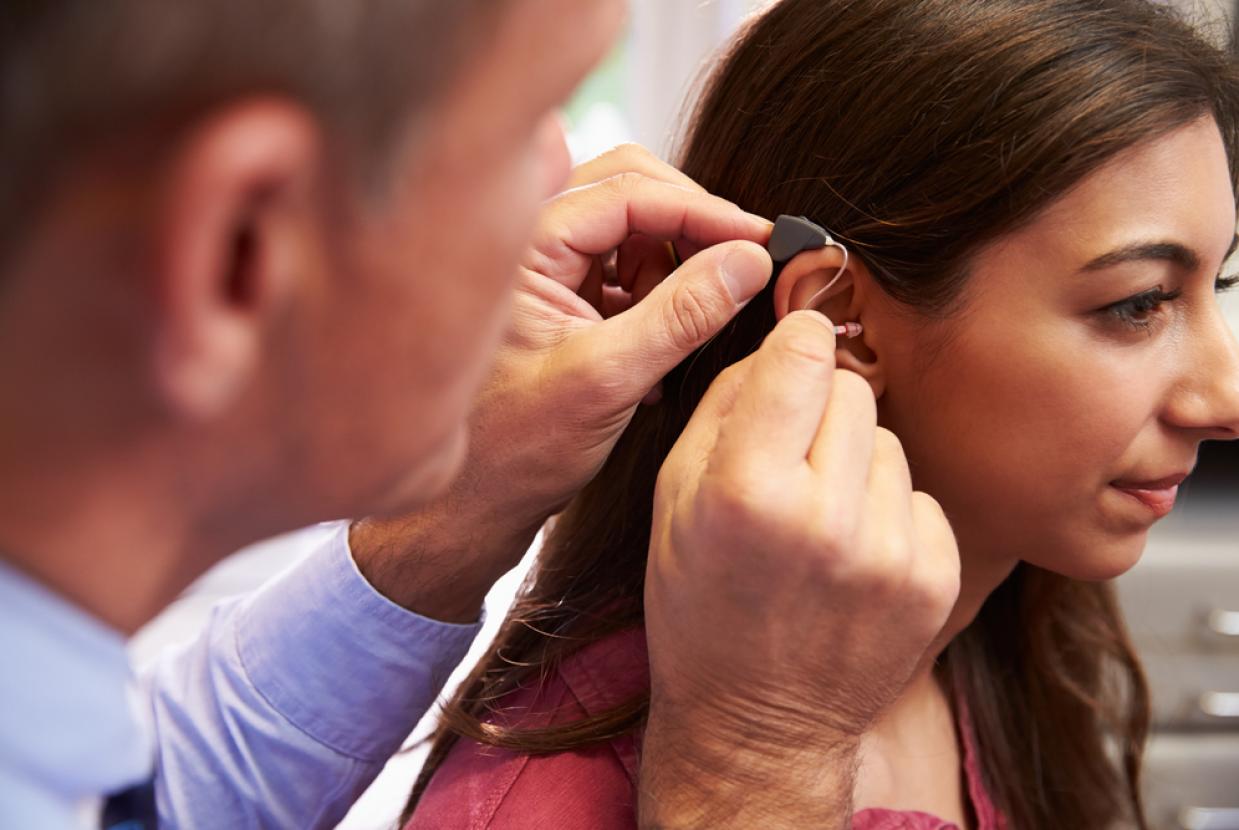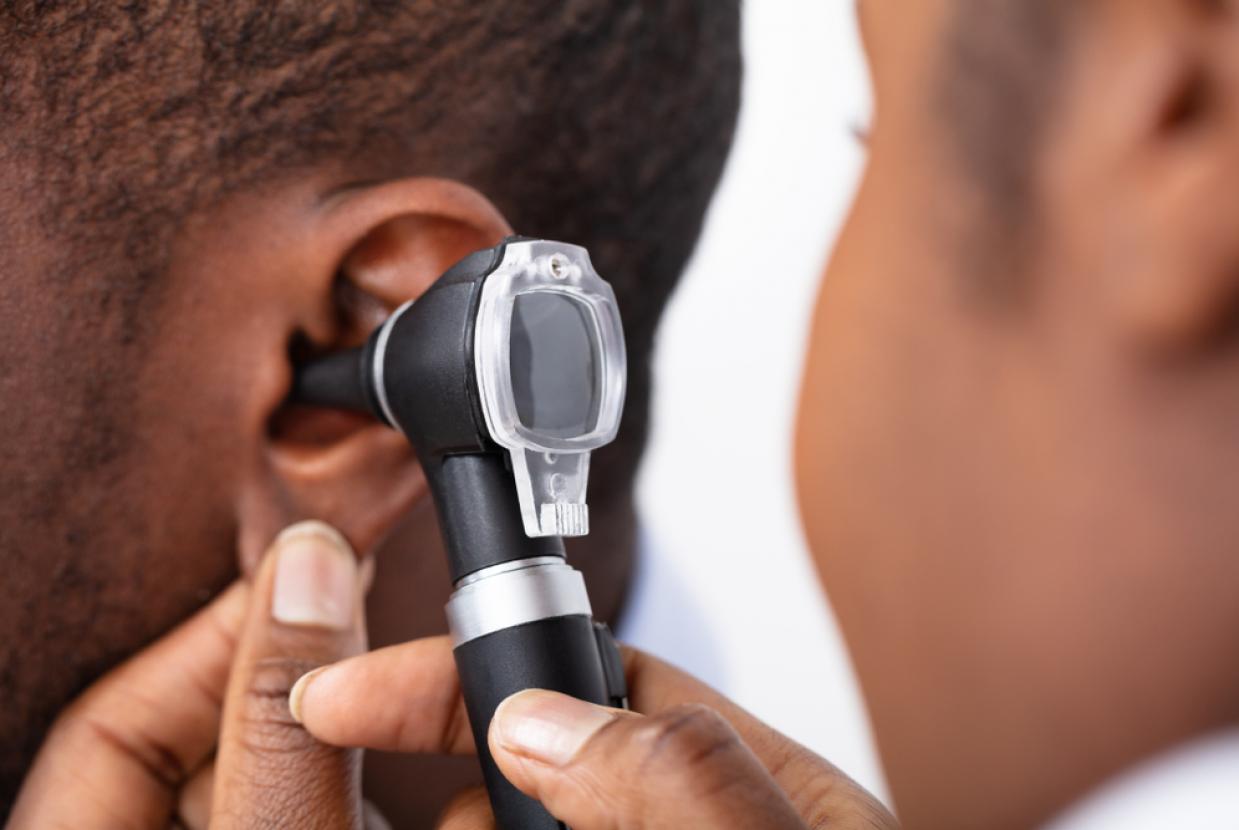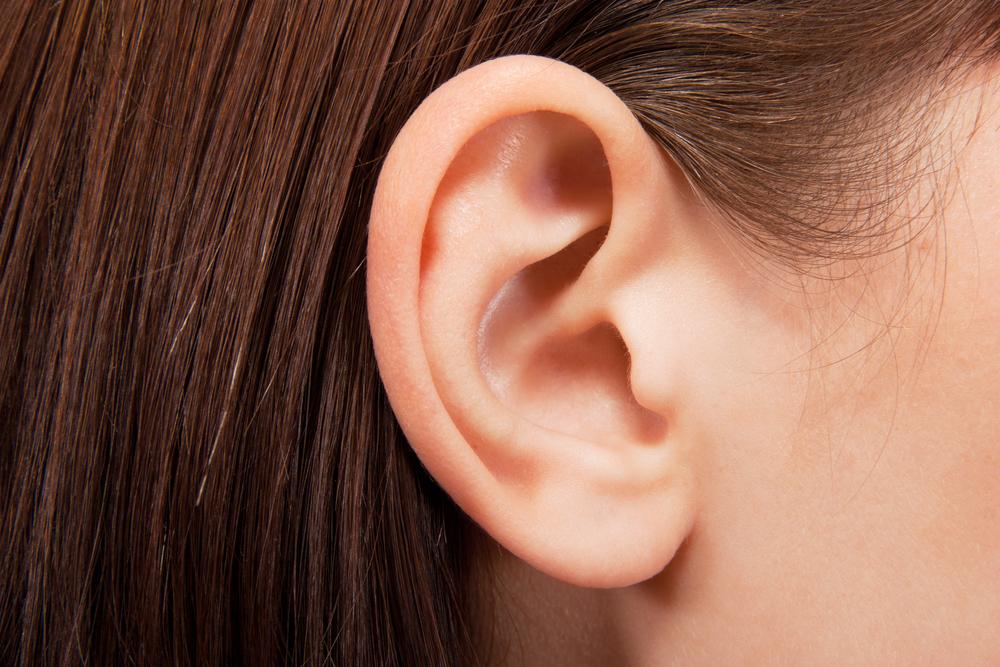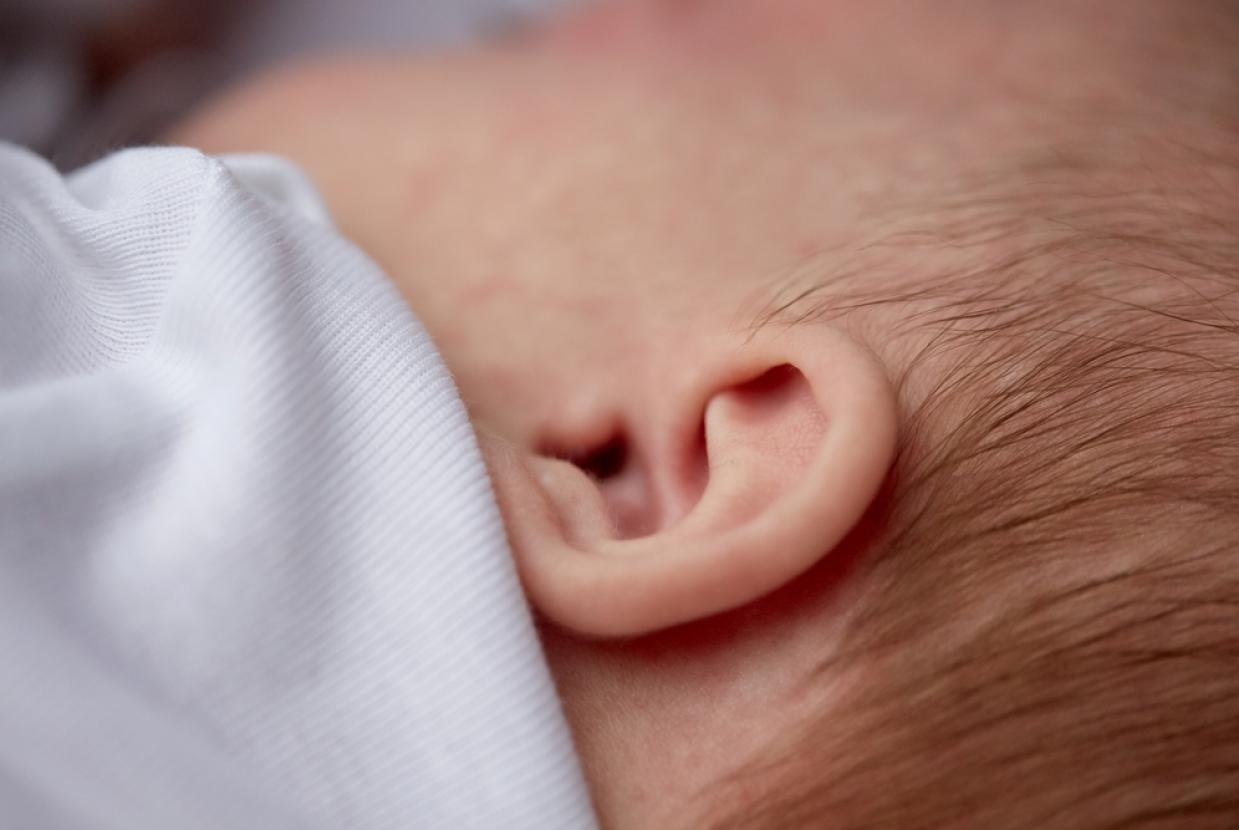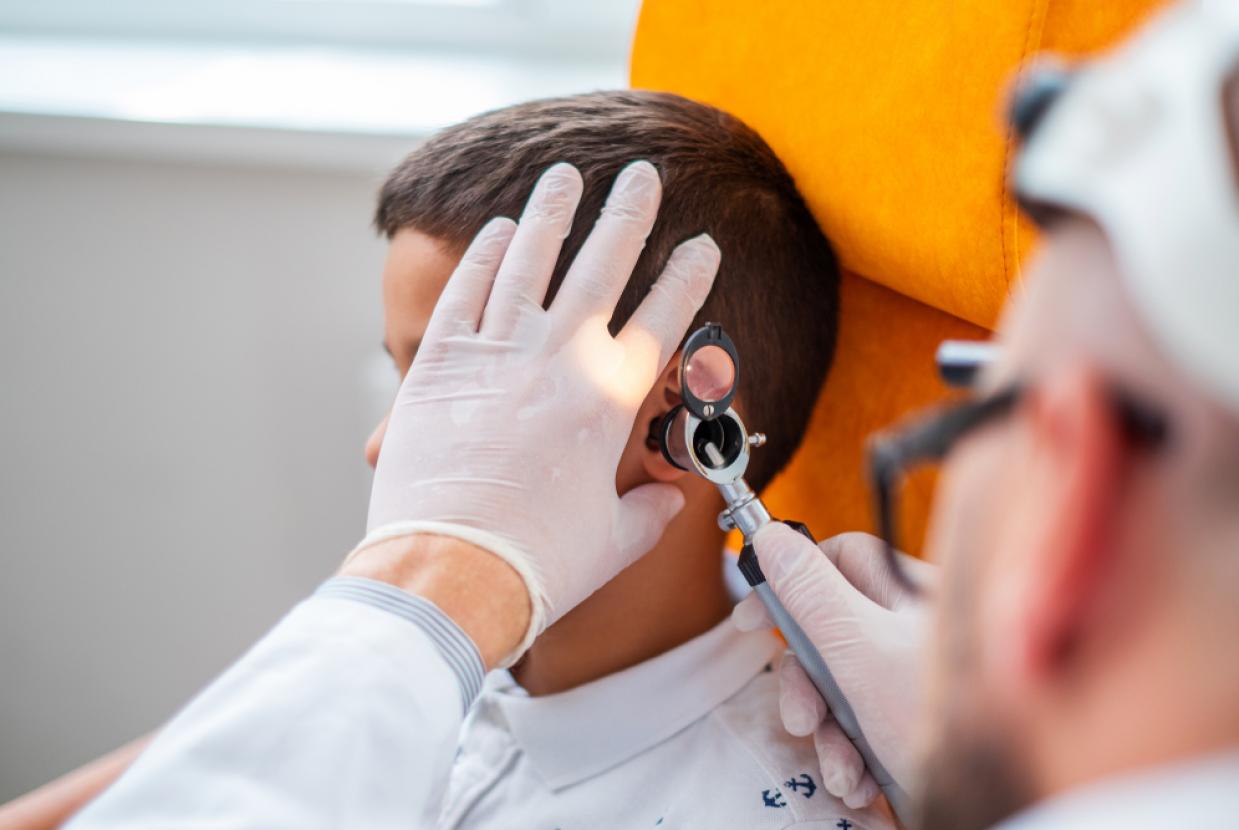What To Do If You Have Tinnitus
The NHS website advises you to see a GP about tinnitus if:
- you have tinnitus regularly or constantly
- your tinnitus is getting worse
- your tinnitus is bothering you – for example, it’s affecting your sleep or concentration
- you have tinnitus that beats in time with your pulse.
Go to A&E or call 999 if you have tinnitus:
- after a head injury
- with sudden hearing loss, weakness in the muscles of your face, or a spinning sensation (vertigo).
What happens at the GP appointment
When you see your GP, they should ask you to describe what you hear and how often you hear it. They will also ask:
- how your tinnitus affects you
- if you have any other symptoms, such as hearing loss or balance problems
- if you’re taking any medication.
Make sure you explain in detail how your tinnitus is affecting you – for example, is it making you anxious or affecting your mood? Are you having trouble sleeping or carrying out daily tasks?
Your GP will check for any obvious ear conditions that they may be able to treat, such as an ear wax build up or an ear infection. They may also arrange blood tests to check for conditions that can sometimes be linked to tinnitus, such as diabetes or a problem with your thyroid gland.
If there’s no obvious cause of your tinnitus, your GP should refer you to a hearing specialist for further tests.
You can try different things to help you manage your tinnitus while you wait.
If you can’t get a referral
If you find it hard to get a referral to a hearing specialist, it may be because your GP isn’t aware of the impact that your tinnitus is having, or the help that’s available. That’s why it’s so important to tell them how your tinnitus is affecting your day-to-day life.
If you still can’t get a referral, you may wish to try to see a different GP.
What happens when you’re referred
You will likely be seen by either an audiologist (a hearing specialist) or an ear, nose and throat (ENT) specialist. They will give you a check-up to see if there are any underlying causes of your tinnitus. You will also have a hearing assessment.
If your tinnitus is troubling you, you may then be referred to a tinnitus clinic to help you find ways to manage your tinnitus. Most hospitals have tinnitus clinics but not all – you may need to travel a bit further to get to one.





